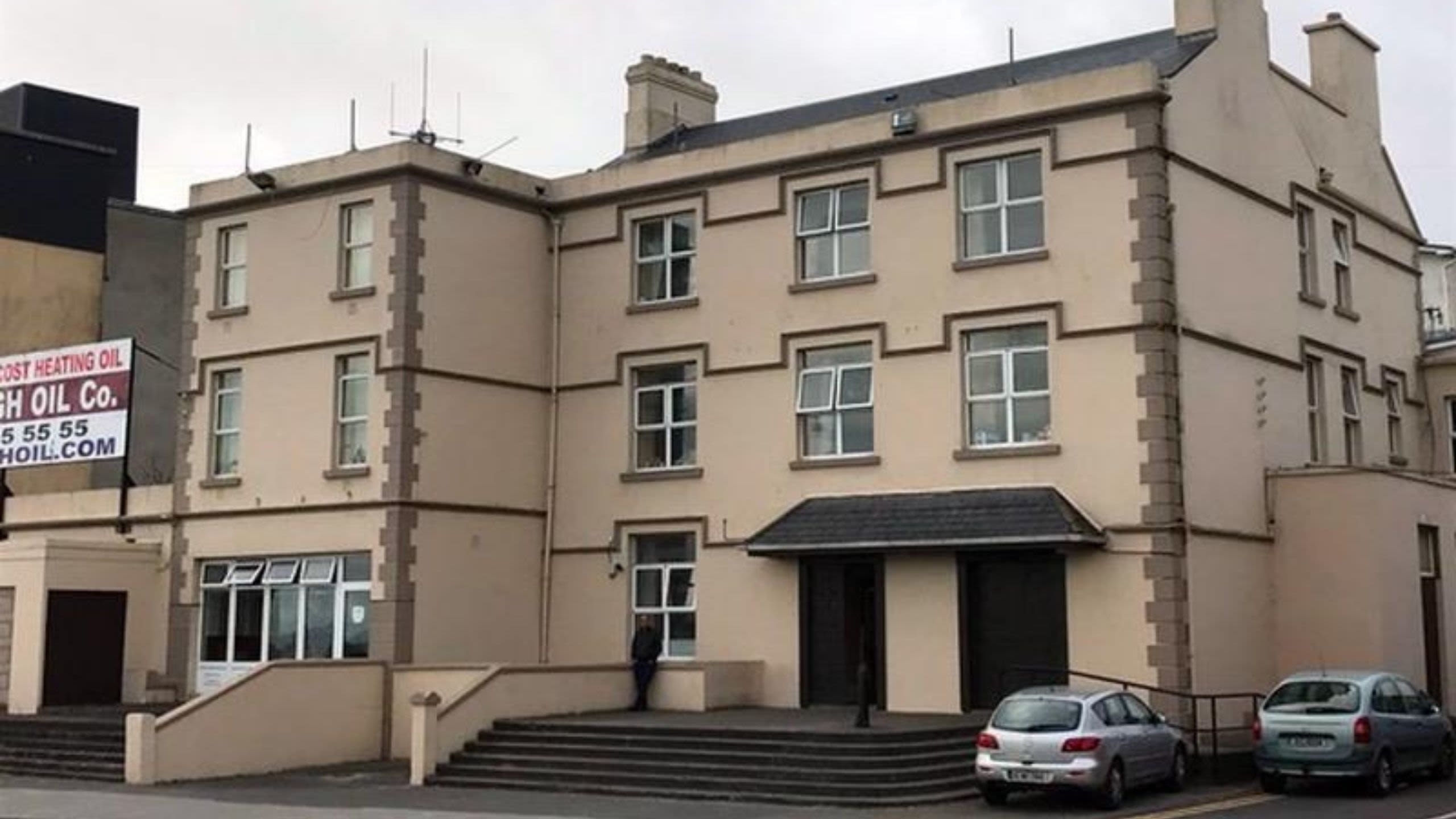Occupational Therapy and Engagement with Direct Provision
A Human Rights Perspective

This experiential and community engaged opportunity connects with the following UN Sustainable Development Goals:
- 4 - Quality Education
- 10 - Reduced Inequalities
- 17 - Partnership for the Goals

Lecturers of Occupational Therapy, Dr Sinéad Hynes and Dr Hazel Killeen, jointly co-ordinate and lead Community Engagement, a service-learning module. The module began in 2006, originally aiming to further students’ knowledge about Occupational Therapy (OT) and develop their observation skills as to where OT services are needed in the community.
The students linked with community organisations and observed how OT could make an impact on the clients of that organisation. In recent years the module changed focus to the overarching theme of social inclusion. During this time the students have taken part in a range of projects from looking at accessing fertility treatments under a medical card to rallying for gender neutral bathrooms on the NUI Galway campus.

In 2019-2020 the focus of the module shifted to human rights. The students worked with asylum seekers and refugees living in Direct Provision (a system of accommodation for asylum seekers and refugees used in Ireland). The first semester of 3rd year was used to gain knowledge on the area and the experiences of those living in direct provision. During the first semester the student groups created a video based on the overarching theme of their project. Many find this task difficult as it requires a completely different skill set to what they use on a day to day basis. During the second semester, the students engaged with their community partner and began their project.
The students worked with the University of Sanctuary, an initiative at NUI Galway facilitated by the CKI and Access Centre that aims to increase public awareness of International Protection, migration and Traveller-specific topics across campus. They helped create the Callout, Confront, Console campaign, which is a mechanism to identify, address and act in solidarity against racism on campus.
Another project was the construction of a wellness pack that aims to promote sleep in such uncomfortable and noisy conditions within direct provision and emergency accommodation for asylum seekers.
Presenting their projects in March 2020, the students reflected on the motives such as basic human needs they felt were not being met in direct provision, the plan of action and the challenges of engaging with the refugees and asylum seekers.
After initial seed funding from the CKI in 2007, the module has received no additional funding to scale up and one challenge is that expenses for travel and resources are at the cost of the student. Other challenges Sinéad has experienced with the module is the grading. The students receive a group grade, which means the whole group need to be committed. This is not always guaranteed as it is a compulsory module and not all students are interested. As the structure of this module is quite different from others it offers those who are not as academically strong a chance to excel according to Sinéad. Although this module is the most difficult to coordinate due to its variable content and nature of working with community partners, Sinéad says it ‘all seems worth it when you see the presentations’. The students experienced challenges throughout the module, with managing other modules and community partners being unable to devote time. The students suggest that linking up earlier could rectify this but could be difficult given the short time frame of a semester. Despite these challenges, the students become passionate and excel in their projects.
The module receives informal feedback from the community partners and the success is evident as they agreed to continue the partnership the following year. The benefits for both the student and the community partner are evident, with projects being sustainable and students being able to continue and deepen the work in the following year. Often, service learning modules throw students into the deep end of applying the classroom theory in a real world context and enable them to expand their knowledge on the impact they can and will make. For Occupational Therapy students, this module sparks a desire to really help in a passionate and practical way.


